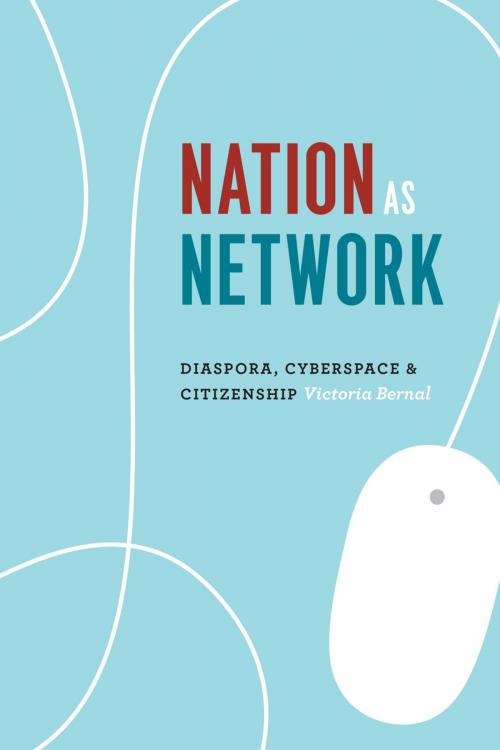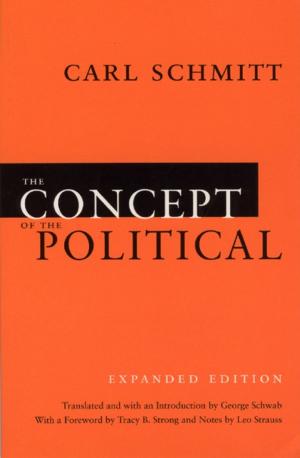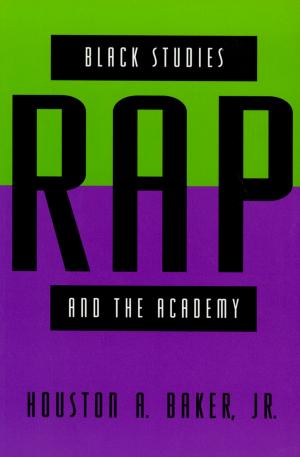Nation as Network
Diaspora, Cyberspace, and Citizenship
Nonfiction, Social & Cultural Studies, Social Science, Anthropology, Sociology| Author: | Victoria Bernal | ISBN: | 9780226144955 |
| Publisher: | University of Chicago Press | Publication: | August 19, 2014 |
| Imprint: | University of Chicago Press | Language: | English |
| Author: | Victoria Bernal |
| ISBN: | 9780226144955 |
| Publisher: | University of Chicago Press |
| Publication: | August 19, 2014 |
| Imprint: | University of Chicago Press |
| Language: | English |
How is the internet transforming the relationships between citizens and states? What happens to politics when international migration is coupled with digital media, making it easy for people to be politically active in a nation from outside its borders? In Nation as Network, Victoria Bernal creatively combines media studies, ethnography, and African studies to explore this new political paradigm through a striking analysis of how Eritreans in diaspora have used the internet to shape the course of Eritrean history.
Bernal argues that Benedict Anderson’s famous concept of nations as “imagined communities” must now be rethought because diasporas and information technologies have transformed the ways nations are sustained and challenged. She traces the development of Eritrean diaspora websites over two turbulent decades that saw the Eritrean state grow ever more tyrannical. Through Eritreans’ own words in posts and debates, she reveals how new subjectivities are formed and political action is galvanized online. She suggests that “infopolitics”—struggles over the management of information—make politics in the 21st century distinct, and she analyzes the innovative ways Eritreans deploy the internet to support and subvert state power. Nation as Network is a unique and compelling work that advances our understanding of the political significance of digital media.
How is the internet transforming the relationships between citizens and states? What happens to politics when international migration is coupled with digital media, making it easy for people to be politically active in a nation from outside its borders? In Nation as Network, Victoria Bernal creatively combines media studies, ethnography, and African studies to explore this new political paradigm through a striking analysis of how Eritreans in diaspora have used the internet to shape the course of Eritrean history.
Bernal argues that Benedict Anderson’s famous concept of nations as “imagined communities” must now be rethought because diasporas and information technologies have transformed the ways nations are sustained and challenged. She traces the development of Eritrean diaspora websites over two turbulent decades that saw the Eritrean state grow ever more tyrannical. Through Eritreans’ own words in posts and debates, she reveals how new subjectivities are formed and political action is galvanized online. She suggests that “infopolitics”—struggles over the management of information—make politics in the 21st century distinct, and she analyzes the innovative ways Eritreans deploy the internet to support and subvert state power. Nation as Network is a unique and compelling work that advances our understanding of the political significance of digital media.















